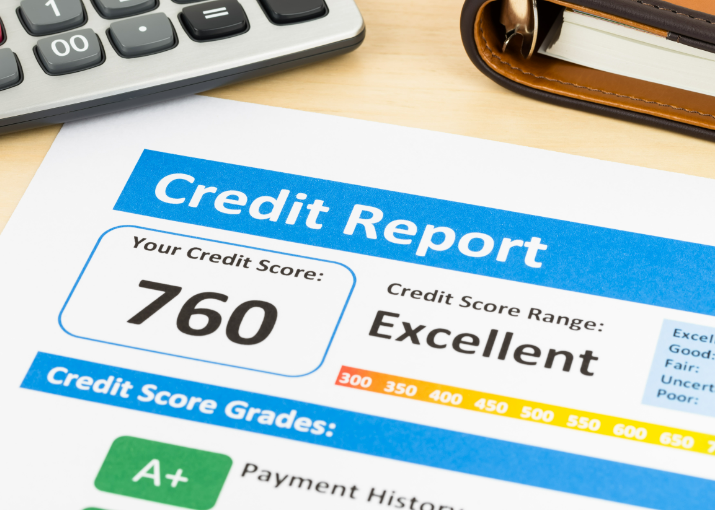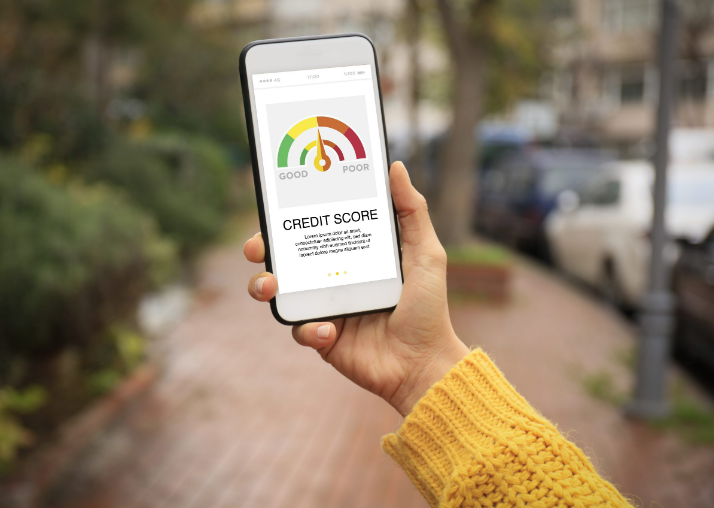
Your credit score is a crucial factor that mortgage lenders evaluate when you apply for a loan. If your score isn’t where you want it to be, there are steps you can take to enhance it before submitting your application. Here’s everything you need to know about improving your credit score to buy a house.
Mortgage credit score requirements
The minimum credit score needed to qualify for different types of mortgages ranges.
| Type of Loan | Minimum Credit Score |
|---|---|
| Conventional | 620 |
| Jumbo | 700 |
| FHA | 580 (or 500 with 10 percent down) |
| VA | 620 (VA doesn’t require a minimum credit score, but lenders do) |
| USDA | 640 |
However, it’s important to aim for the highest credit score possible before applying for a mortgage. According to Optimal Blue’s May 2024 Market Advantage report, the average credit score for borrowers securing a purchase loan is 738.
How to improve your credit score before getting a mortgage
1. Check your credit reports and scores
Obtain a copy of your credit report from each of the three major credit bureaus (Equifax, Experian, and TransUnion) at AnnualCreditReport.com. In addition to checking your scores, look for any inaccuracies, particularly related to late payments or closed accounts. If you find an error, contact the bureau to dispute it promptly.
2. Pay all your bills on time
To boost your credit score for a mortgage, ensure all your accounts are in good standing. Missing a payment can negatively impact your score, and late payments can remain on your report for up to seven years. If you’re currently late but within the grace period, reach out to the creditor immediately to see if you can rectify the situation and possibly remove the late fee. If you have a late payment on your record, focus on making timely payments going forward.
3. Reduce your credit card balances
Your credit utilization ratio measures how much you owe compared to your total available credit, and it makes up 30 percent of your credit score. A lower ratio is better for your score. Aim to keep your utilization below 30 percent, and if it’s currently above that, focus on paying down your balances to get under that threshold.
4. Avoid opening new accounts
Applying for new credit can impact your credit score, so it’s best to avoid opening new credit card accounts or taking out additional loans before applying for a mortgage. This advice holds true during the application and underwriting process as well. Additionally, refrain from closing old accounts, as doing so can increase your utilization ratio and negatively affect your score.
5. Get help from a responsible credit user
If you’re a younger first-time buyer with a limited credit history, one effective way to boost your credit is to become an authorized user on a parent’s or relative’s credit card. The primary cardholder will handle the payments, allowing you to benefit from their positive payment history.
What factors determine your FICO credit score?

Your credit score is influenced by various categories of your credit history, with some factors having a greater impact than others. According to Equifax, one of the major credit bureaus, your FICO score is calculated using the following breakdown:
- On-time payment history: 35%
- Amount of debt: 30%
- Length of credit history: 15%
- Number of new accounts: 10%
- Types of credit used: 10%
Credit bureaus often categorize debts as “good” or “bad.” For instance, home loans and other debts that enhance your financial value over time are considered good debt, while credit card debt and revolving accounts that don’t contribute to a valuable asset are more likely to lower your FICO score.
Why is a higher credit score beneficial when applying for a mortgage?
The higher your credit score, the better your chances of being approved for a mortgage. Lenders use your credit score to assess your risk level and determine if you’re likely to repay the loan. A higher credit score typically qualifies you for a lower mortgage rate.
Even a slight difference in mortgage rates can significantly impact your monthly payments and the total cost of the loan. For example, if you purchase a $300,000 home with a 6.875% fixed rate and put 3% down, your monthly payment would be about $2,176. If the rate were 7%, your monthly payment would rise to $2,200. While this may seem minimal, over a 30-year mortgage, it could cost you more than $8,000 in the long run.
